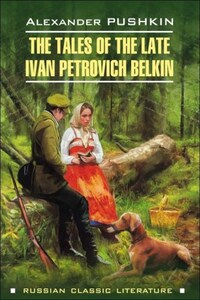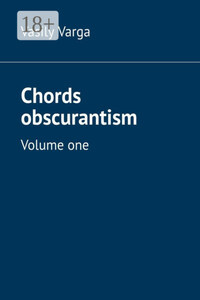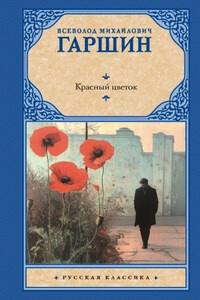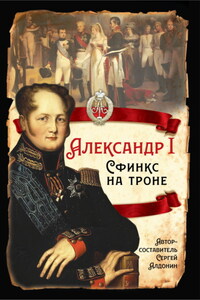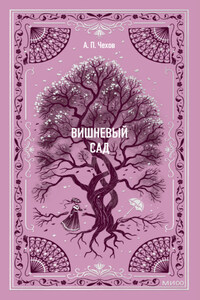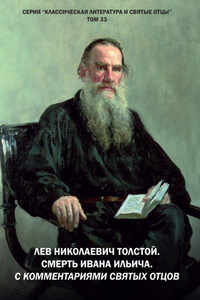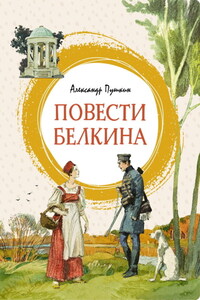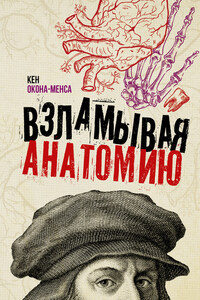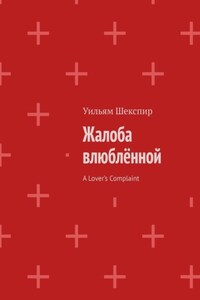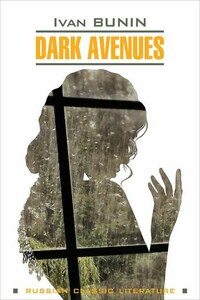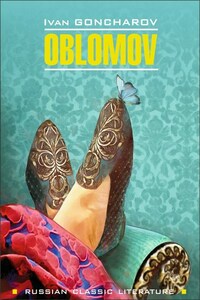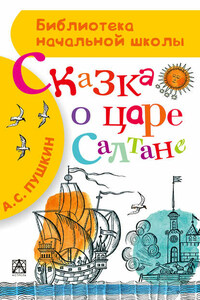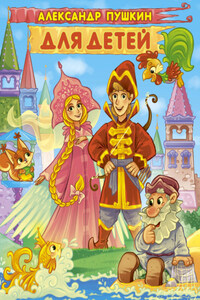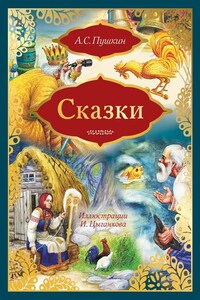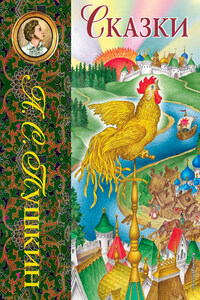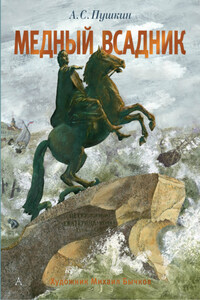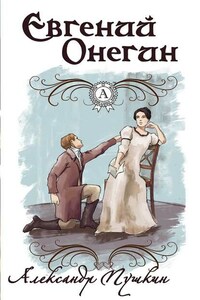Having undertaken to arrange the publication of the Tales of I.P. Belkin, which are herewith offered to the public, we wished to add to these a biography, however brief, of the late author, and thereby to satisfy, at least partly, the just curiosity of lovers of our native letters. To that end we addressed ourselves to Marya Alexeyevna Trafilina, the heiress of Ivan Petrovich Belkin and his nearest of kin; but unfortunately it was impossible for her to furnish any intelligence concerning him, inasmuch as she had never known the deceased. She advised us to confer on the matter with an esteemed person, who had been a friend of Ivan Petrovich. We followed this advice, and our letter elicited the following answer. We present it here without any changes or explanatory notes, as a precious testimony to a noble manner of thinking and a touching friendship, and at the same time as a sufficient biographical account.
– —, Esq.
My dear sir!
On the twenty-third of this month I had the honor of receiving your most esteemed letter of the fifteenth, in which you express your desire to secure detailed information regarding the dates of birth and death, the career in the service, the domestic circumstances, as well as the occupations and the character of the late Ivan Petrovich Belkin, my late good friend and neighbor. I take great pleasure in complying with your request, and I am here setting forth, my dear sir, all that I can recall of our talks and my own observations.
Ivan Petrovich Belkin was born of honorable and noble parents in the year 1798 in the village of Goryukhino. His late father, second-major Piotr Ivanovich Belkin, was married to Pelageya Gavrilovna, née[2] Trafilina. He was a man of moderate means, modest habits, very shrewd in business matters. Their son received his elementary education from a village beadle. To this esteemed man he owed, it would seem, his interest in reading and in Russian letters. In 1815 he entered the service in a Jaeger regiment of the infantry (I do not remember the number), in which he remained until the year 1823. The deaths of his parents, which occurred almost simultaneously, caused him to retire and settle at Goryukhino, his family estate.
Having undertaken the management of the estate, Ivan Petrovich, because of his inexperience and soft-heartedness, soon began to neglect his property, and relaxed the strict regime established by his late parent. Having dismissed the punctual and efficient steward[3] with whom his peasants (as is their habit) were dissatisfied, he placed the management of the village in the hands of his old housekeeper, who had acquired his confidence through her ability to tell stories. This stupid old woman could not tell a twenty-five-ruble from a fifty-ruble note. She was godmother to the children of all the peasants, and so the latter were not in fear of her. The steward they had elected indulged them to such an extent, at the same time defrauding the master, that Ivan Petrovich was forced to abolish the corvée[4] and introduce a very moderate quit-rent. Even then, the peasants, taking advantage of his weakness, obtained a special privilege the first year, and during the next two years paid more than two-thirds of the quit-rent in nuts, huckleberries, and the like; and even so they were in arrears.
Having been a friend of Ivan Petrovich’s late parent, I deemed it my duty to offer my advice to the son, too, and repeatedly I volunteered to restore the order he had allowed to fall into decay. To that end, having come to see him one day, I demanded the account books, summoned the rascally steward, and, in the presence of Ivan Petrovich, started examining them. At first the young master followed me with all possible attention and diligence, but after we had ascertained from the accounts that in the last two years the number of peasants had increased, while the quantity of fowls and cattle had considerably diminished, Ivan Petrovich was satisfied with this bit of information, and no longer listened to me, and at the very moment when my investigation and strict questioning had reduced the thievish steward to extreme embarrassment, and indeed forced him to complete silence, to my extreme mortification I heard Ivan Petrovich snoring loudly in his chair. Thenceforward I ceased to intervene in his business affairs and entrusted them (as he did himself) to the care of the Almighty.
This, however, did not injure our friendly relations to any degree; for, commiserating as I did his weakness and the ruinous negligence common to all our young noblemen, I sincerely loved Ivan Petrovich. It was indeed impossible not to like a young man so gentle and honorable. On his part, Ivan Petrovich showed respect to my years and was cordially attached to me. Until his very end he saw me nearly every day, prizing my simple conversation, although we did not resemble each other in habits, or manner of thinking, or character.
